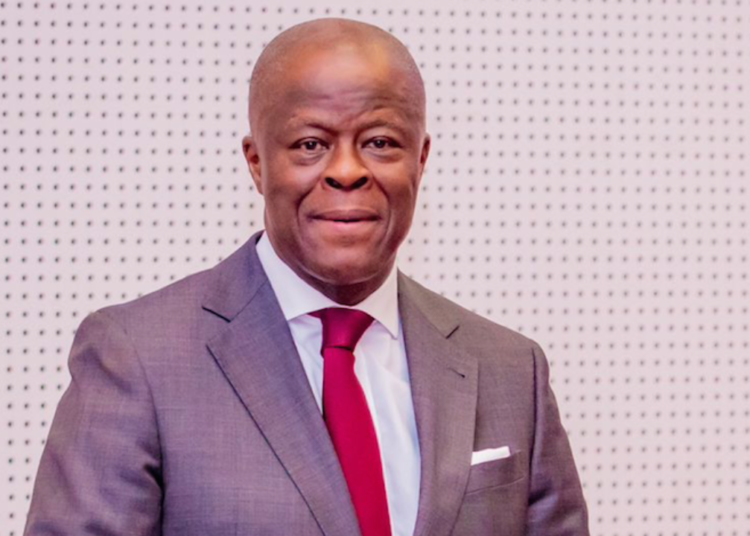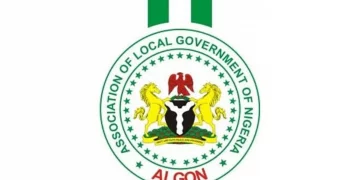The Federal Government has announced plans to strategically refinance the nation’s expensive debt portfolio to reduce debt service costs and ease the burden of borrowing on the nation’s finances.
The Minister of Finance and Coordinating Minister of the Economy, Mr Wale Edun, disclosed this on Tuesday in Abuja while delivering a keynote address at the 55th Annual Accountants Conference of the Institute of Chartered Accountants of Nigeria (ICAN), held at the President Bola Ahmed Tinubu International Conference Centre.
Edun said the refinancing initiative was part of the Tinubu administration’s ongoing efforts to improve fiscal sustainability, enhance macroeconomic stability, and redirect resources toward productive investments.
“Efforts are underway to refinance expensive debt and thus reduce both the debt service cost and the cost of borrowing,” the minister stated, noting that treasury bill rates had risen from eight per cent in 2023 to nearly 24 per cent, while external debt service obligations almost tripled from 2.7 trillion to 6.7 trillion in 2024.
He said the government’s renewed fiscal strategy focuses on expanding revenue while ensuring greater efficiency in expenditure management. “We are improving public financial management by reducing leakages, cutting waste, and prioritising productive capital spending,” Edun explained.
The finance minister highlighted that revenue collection had grown by over 70 per cent in nominal terms over the past two years, driven by foreign exchange market liberalisation, fuel subsidy reforms, and automation-led tax administration. However, he acknowledged that the government still faces rising development needs and fiscal pressures amid efforts to boost infrastructure and social investment.
To tackle these challenges, Edun outlined a series of ongoing reforms, including formalising Nigeria’s large informal sector, expanding the tax base through the new Tax Reform Act, and implementing asset financialization to optimise the federal government’s balance sheet.
He also noted that Nigeria’s economy is recovering, citing key indicators such as improved GDP growth, moderating inflation, and a stronger external position. “Between April and June 2025, our economy grew by 4.23 per cent year-on-year, while inflation eased to 20.12 per cent in August. Our trade balance rose to ₦7.4 trillion in the second quarter, and reserves strengthened to $42 billion,” he said.
The minister attributed these gains to the Tinubu administration’s “bold and politically challenging reforms” under the Renewed Hope Agenda, which has restored credibility to economic policy and attracted renewed investor confidence.
Edun reaffirmed the government’s resolve to drive inclusive growth through investments in infrastructure, human capital, and digital transformation. He disclosed that initiatives such as the Mission 300 energy programme and Project Bridge for broadband expansion are being implemented to enhance competitiveness and productivity.
He commended ICAN for its consistent advocacy for transparency and professionalism, urging accountants to support government reforms by promoting public and private finance management accountability.
“The pathway is clear,” Edun said. “We are translating macroeconomic stability into job-rich, inclusive growth. But we cannot do it alone. We need the private sector, the accounting profession, and every stakeholder to play their part.”
With the refinancing initiative and fiscal reforms underway, the government hopes to lower the nation’s debt burden, free up fiscal space for development spending, and strengthen Nigeria’s resilience in global economic headwinds.





